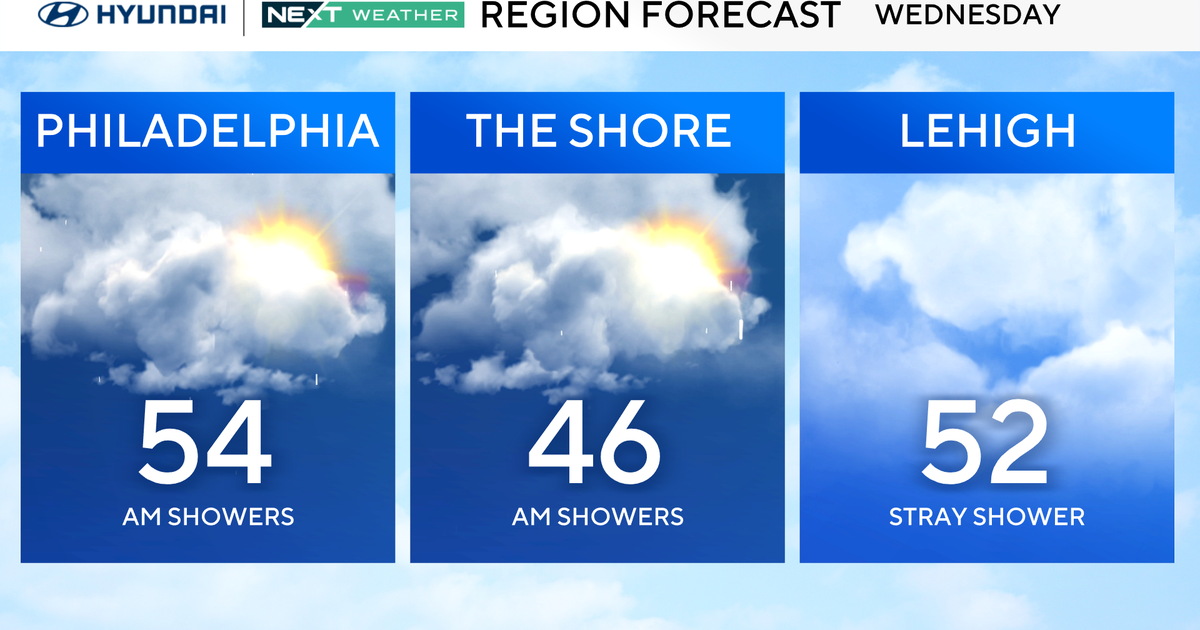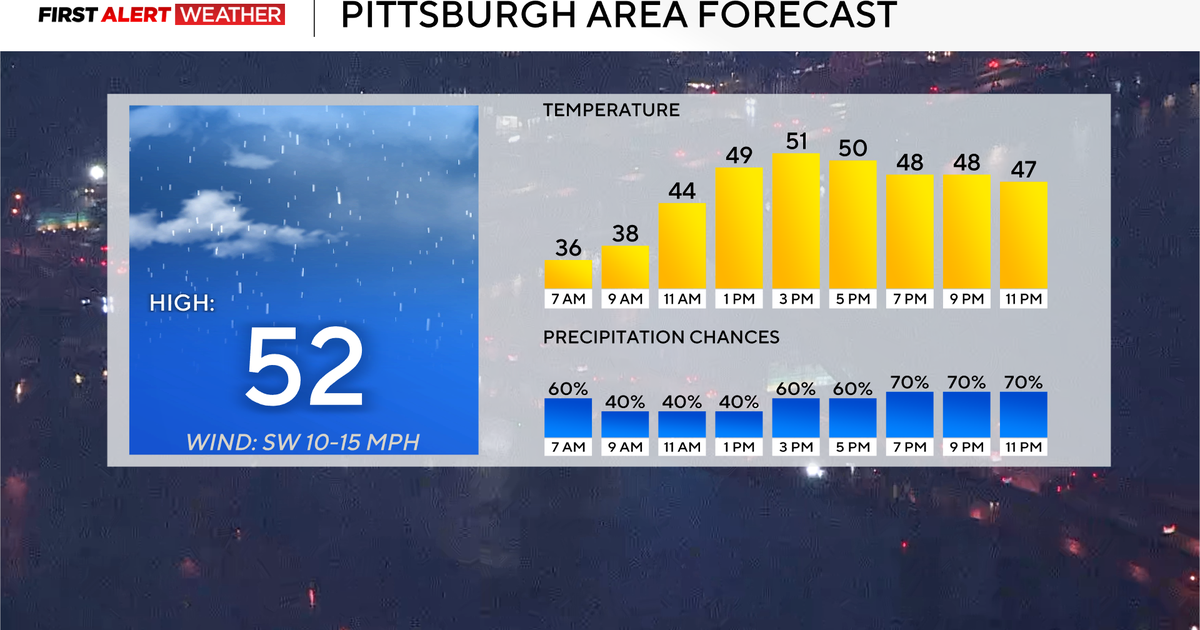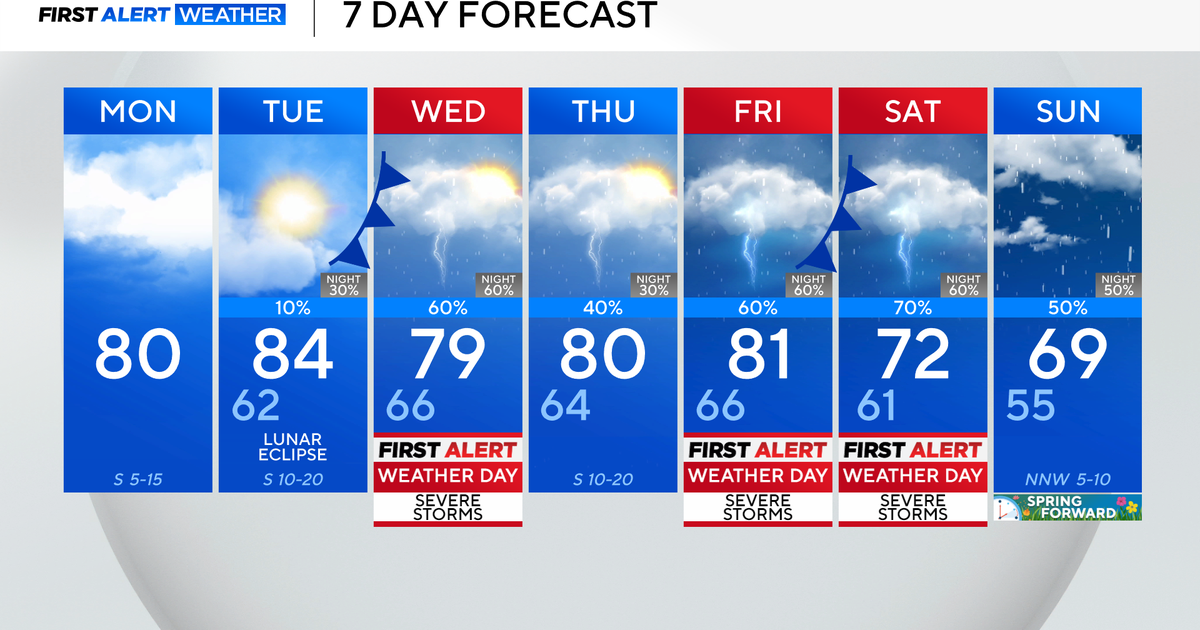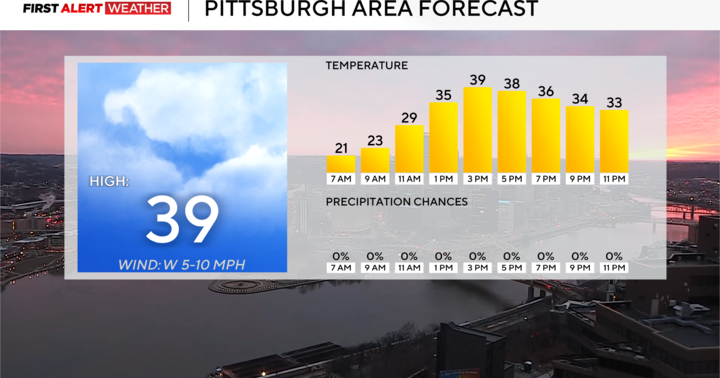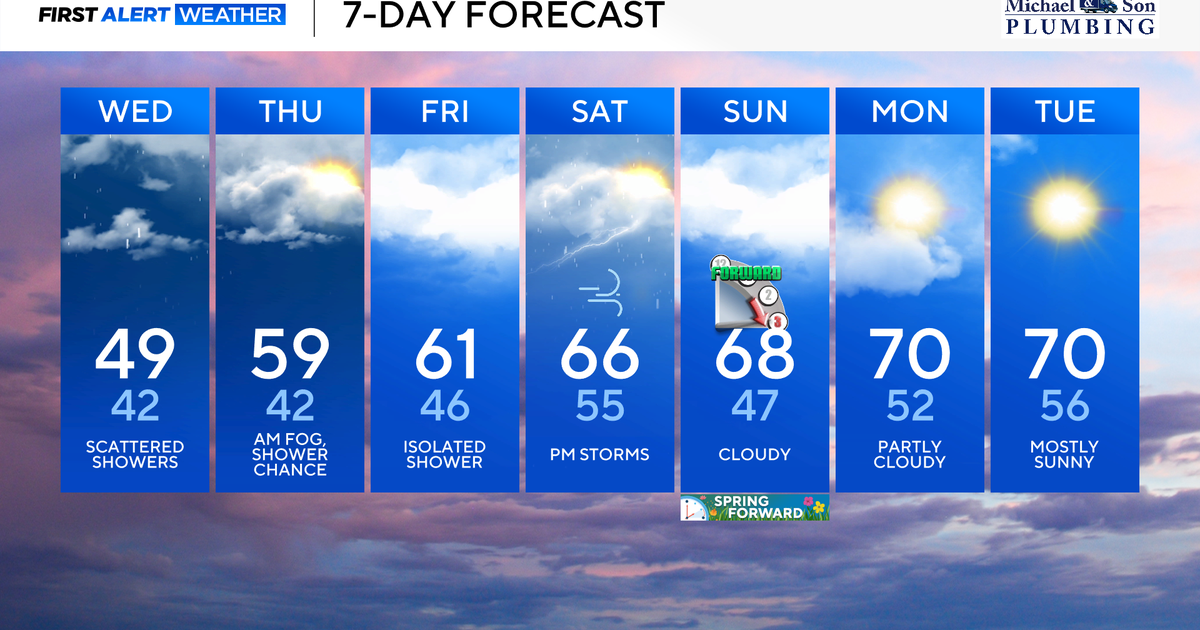Fight back against season allergies as weather changes, pollen count rises
NORTH TEXAS - It's a no-brainer, when the weather is as nice as it was on Saturday, you head to the park with your family. But for allergy sufferers just stepping outside can be a struggle.
"I sneeze a lot, my throat hurts a lot," said Sofia Carvalho.
"I suffer from seasonal allergies so whenever the weather seems to change it hits me," said Shakeyda Lawrence.
Mom Angela Brown pays close attention to the pollen count every day.
"The first thing I do in the morning is check the weather so I can see what the pollen count is," said Brown.
Brown's son suffers from asthma which is triggered by his allergies.
"It's a determination between having to take him to the doctor, allowing him to go to school, or if I need to take off and stay home so it's a very big factor for me," said Brown.
According to the CDC, one in every four Americans suffers from seasonal allergies, and CVS pharmacist Dr. Timothy Morrison has had a lot of patients coming in with allergy concerns in recent weeks. He says big swings in temperature don't help.
"In Texas, we can go from a really cold day to, hey, we're looking at 80s. That's a huge swing and our body just can't adjust quickly enough. And as it's trying to respond, we can get some of those itchy allergy eyes and some of that drainage," said Morrison who is a pharmacist and district leader for CVS Health.
Dr. Morisson says with allergies, prevention is key and the solutions can be found over-the-counter.
"An antihistamine and so there's several 24-hour non-drowsy antihistamines like cetirizine and Zyrtec or Claritin and loratadine. Those are what we call a kind of newer generation. So less drowsiness, so a little bit safer to take," said Morrison.
With COVID-19 and the flu still circulating we asked Dr. Morrisson how you can tell if your symptoms are allergy-related or something more serious.
"Fever is one of those really good clue-ins, you know, the aches, the pains that could really tell us that we have maybe something more going on or flu or COVID," said Dr. Morrison.
The best way to know for sure is to get tested. And if you know allergies hit you every year now is the time to get prepared so allergies don't stop you from enjoying the great outdoors.
